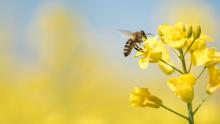
The transition to a fair and inclusive circular economy is central to the EU’s ambitious climate goals. The EU-funded JUST2CE project identified ways to balance economic sustainability with social justice and the global circulation of resources. This will help to ensure that no one is left behind as Europe reshapes its economy.









